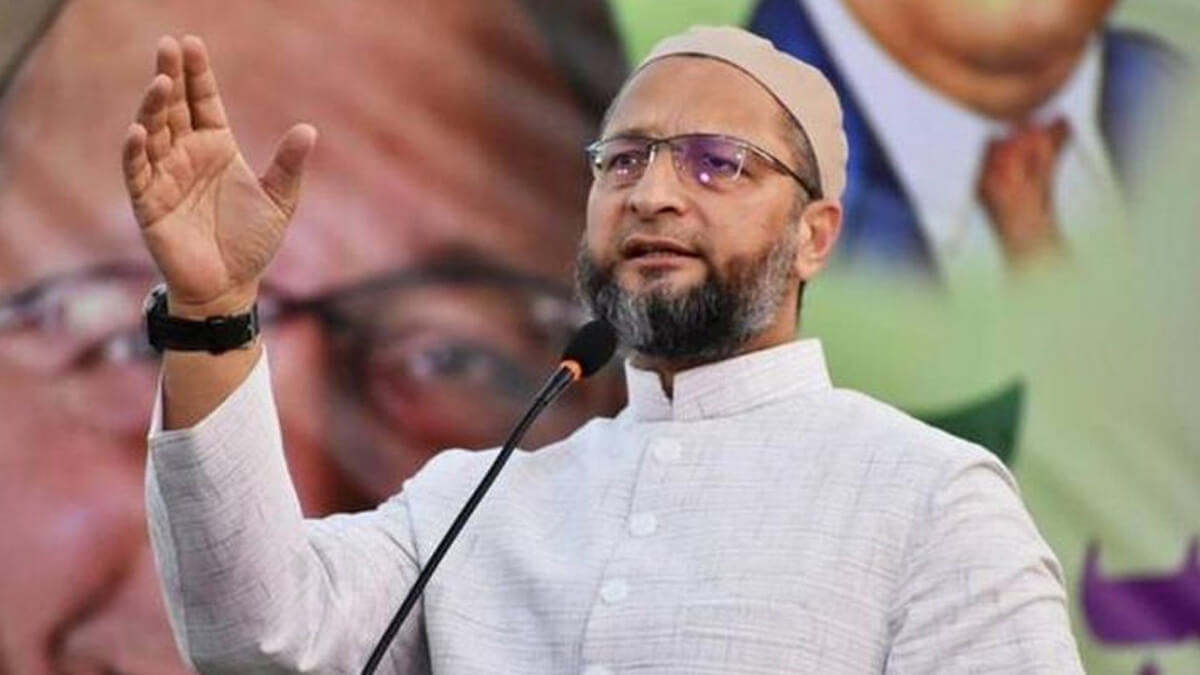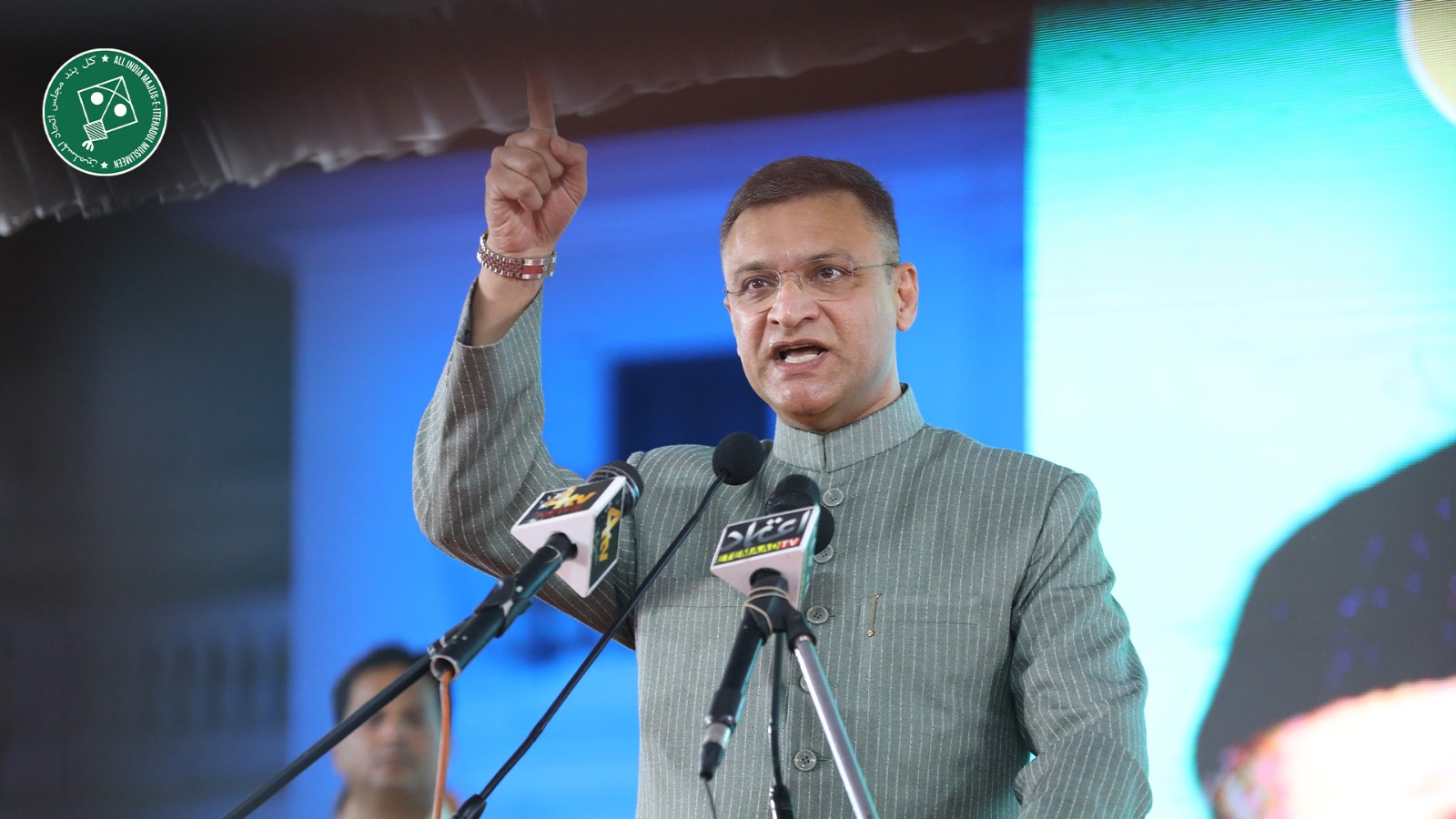Iran may cancel $7 bln pipeline project with Pakistan
Mon 30 Jan 2017, 13:34:54
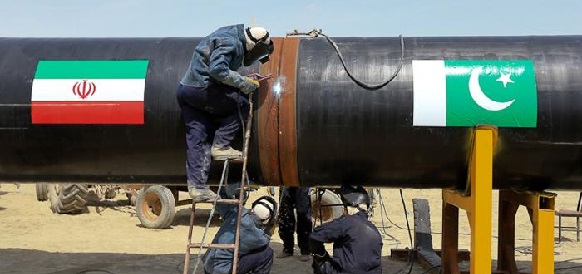
If negotiations fail to come up with a way to feasibly realize the project, Iran’s National Gas Company Head Hamid Reza Araqi said on January 27, 2017, that the project could be cancelled entirely.
Iran has said it may cancel its high-profile, $7-bln peace pipeline project with Pakistan over lengthy construction delays, with would deprive energy-starved Pakistan of the some 22 million cubic meters of gas a day it would have received from its neighbor. The project has already undergone 15 years of negotiations, beginning as the Iran-Pakistan-India gas pipeline project.
Pakistan and Iran finally signed the initial agreement in 2009, while India withdrew from the deal.
The deal was signed by Pakistani President Zardari and Iranian President Mahmoud Ahmadinejad. In accordance with this deal, Iran was to provide 22 million cubic meters per day of gas.
Pakistan was slated to begin importing Iranian gas imports in early 2015, but the country has not yet begun construction of the related pipeline, nor has Iran completed its project to transit South Pars gas to the
Pakistani border. Iran was planning to build a 180-kilometer pipeline.
Pakistani border. Iran was planning to build a 180-kilometer pipeline.
The pipeline was intended to connect Iran's giant South Pars gas field with Pakistan's southern Baluchistan and Sindh provinces.
The project is crucial for Pakistan if they are to avert a growing energy crisis already causing severe electricity shortages in the country of about 170 million, while it also grapples with Islamist militancy.
Tehran had at one point offered to loan Pakistan $500 million - a 3rd of the cost of Pakistan’s portion of the pipeline - to start pipeline construction in Pakistan’s territory.
This offer was later revoked due to financial problems caused by sanctions.
Pakistan’s Petroleum Minister Shahid Khaqan Abbasi recently noted that in order for the Peace Pipeline to be feasible, all sanctions against Iran would have to be removed.
The deal has also been plagued by pricing disputes, with Pakistan demanding that Iran lower gas prices.
Pakistan has also claimed that gas prices offered by Turkmenistan through the TAPI pipeline are lower than those proposed by Iran.
No Comments For This Post, Be first to write a Comment.
Most viewed from International
Most viewed from World
AIMIM News
Owaisi hails SC order on Places of Worship Act
Dec 13, 2024
AAP Corporator Tahir Hussain joins AIMIM party
Dec 11, 2024
BJP-SP two sides of same coin: Asaduddin Owaisi
Nov 19, 2024
Latest Urdu News
Most Viewed
May 26, 2020
Do you think AAP will perform better in Delhi polls without alliance?
Latest Videos View All
Like Us
Home
About Us
Advertise With Us
All Polls
Epaper Archives
Privacy Policy
Contact Us
Download Etemaad App
© 2024 Etemaad Daily News, All Rights Reserved.

.jpg)
.jpg)
.jpg)
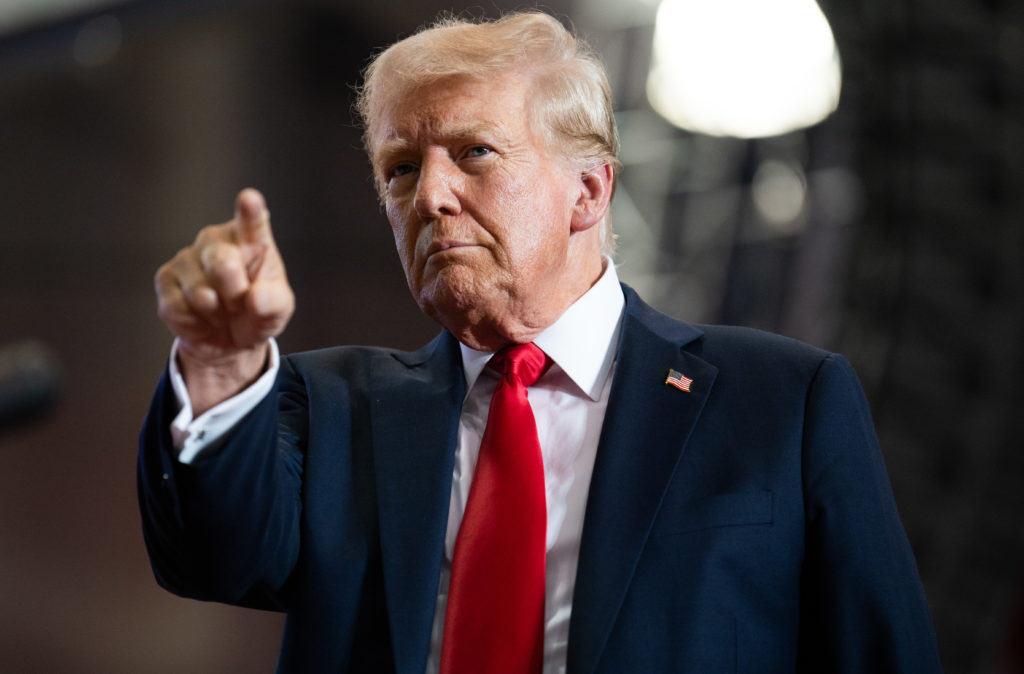
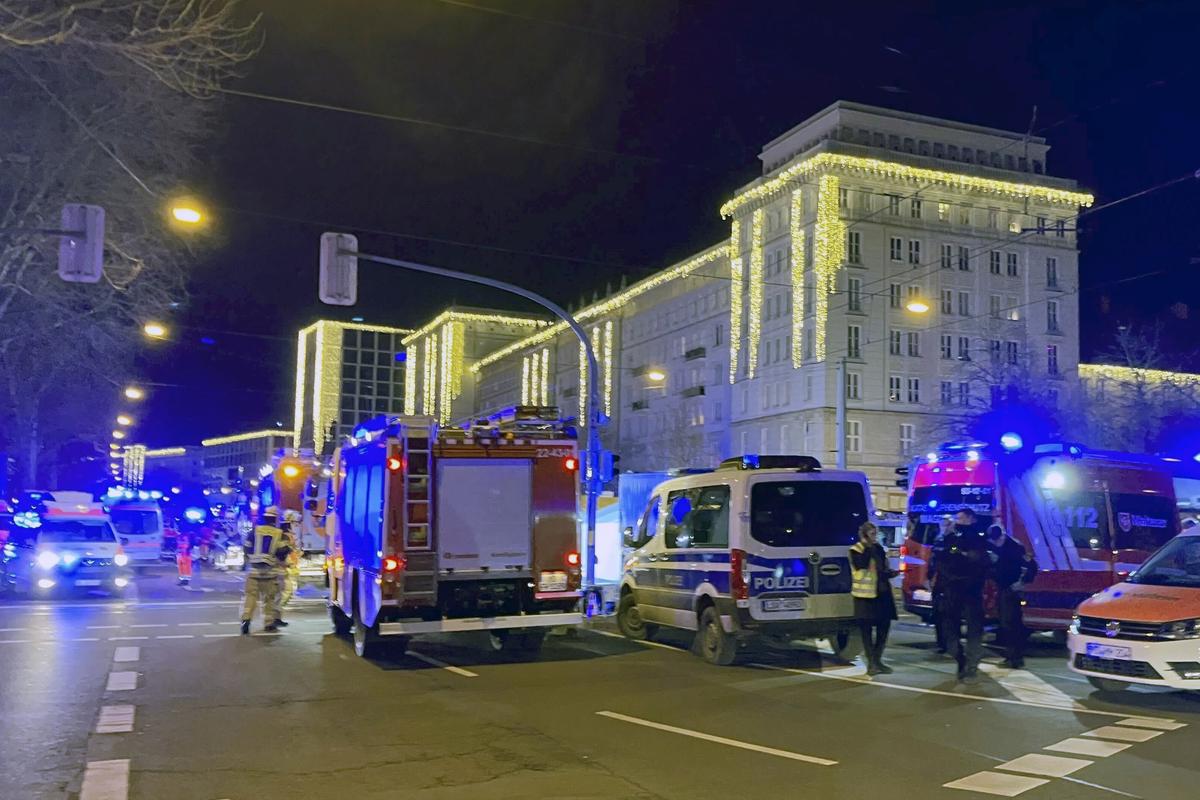
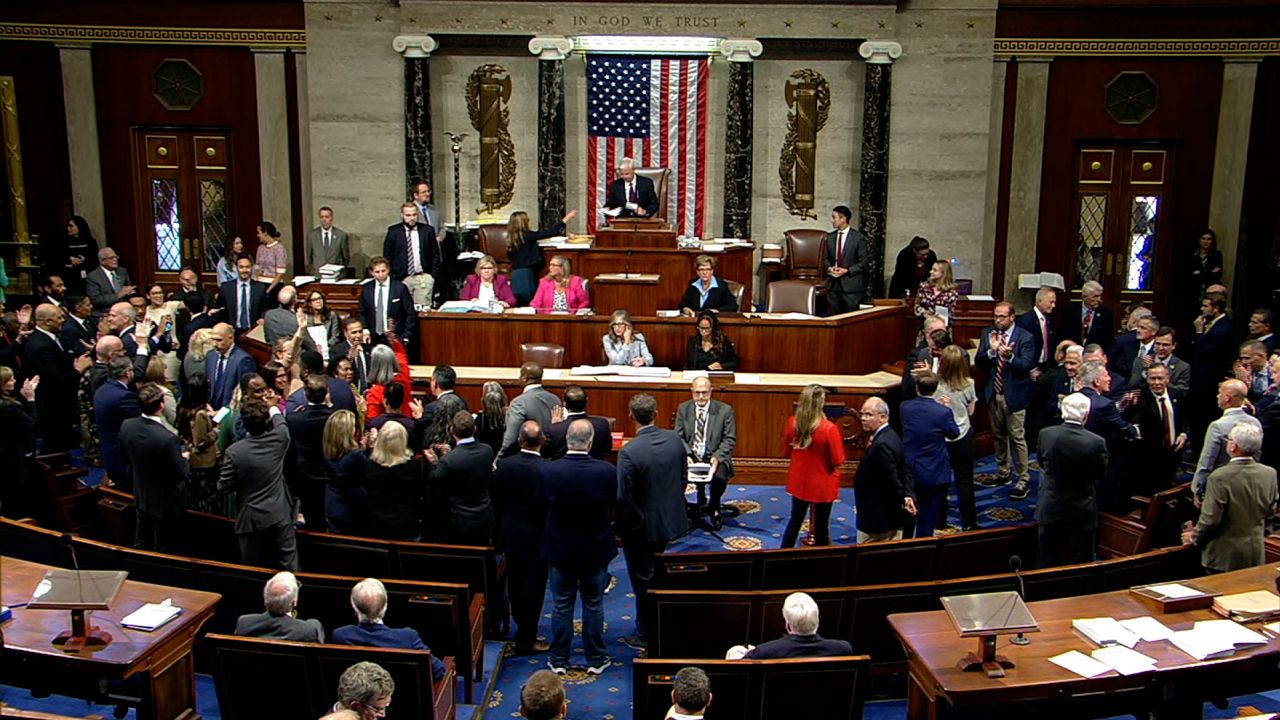
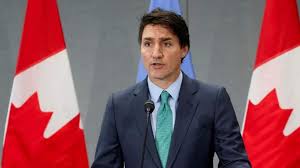
.jpg)
.jpg)
.jpg)
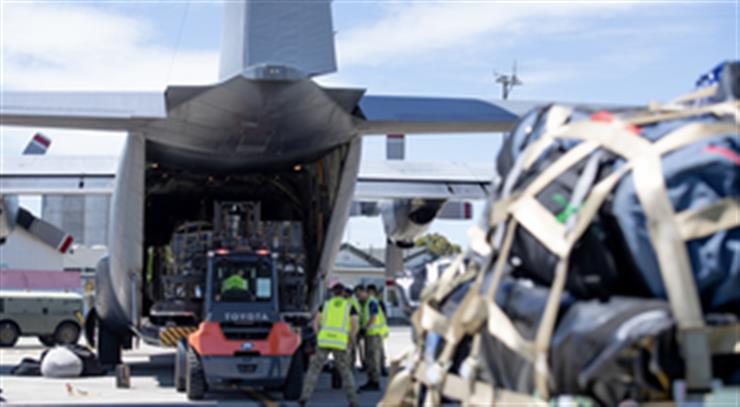
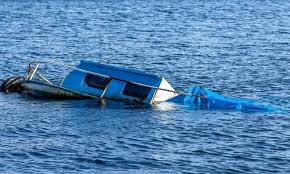

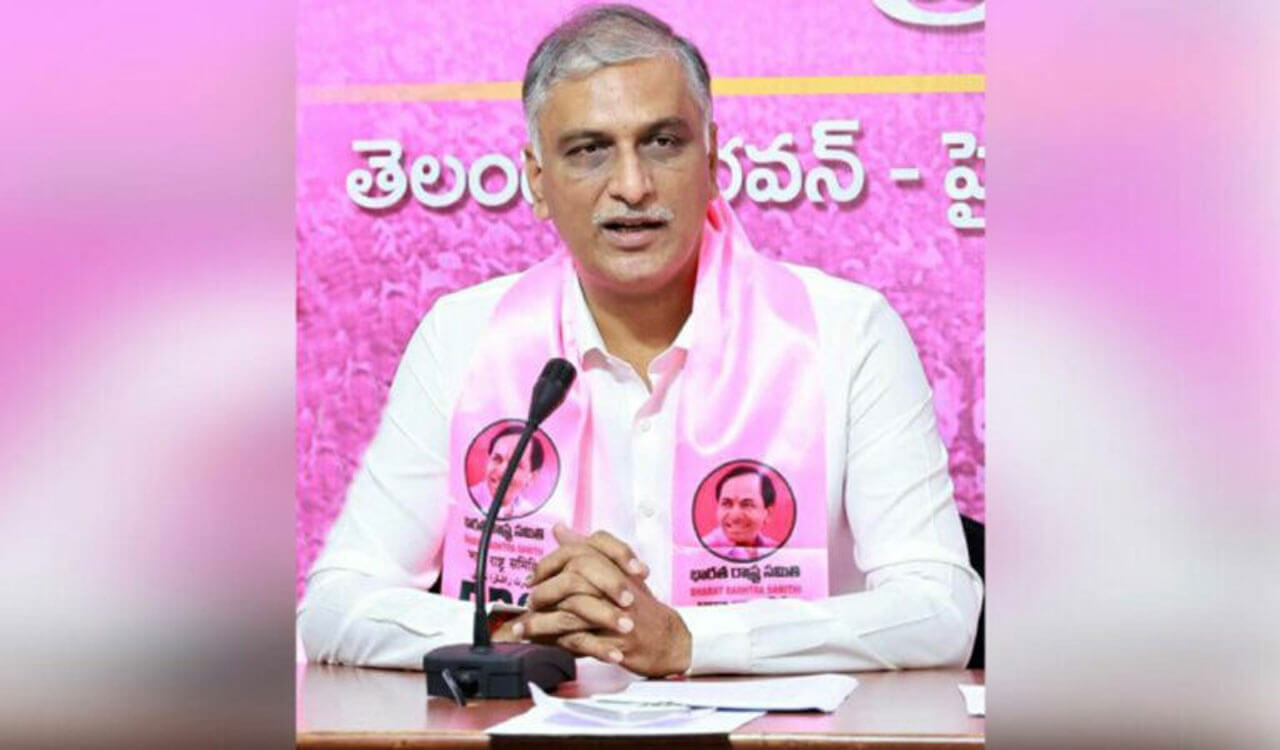
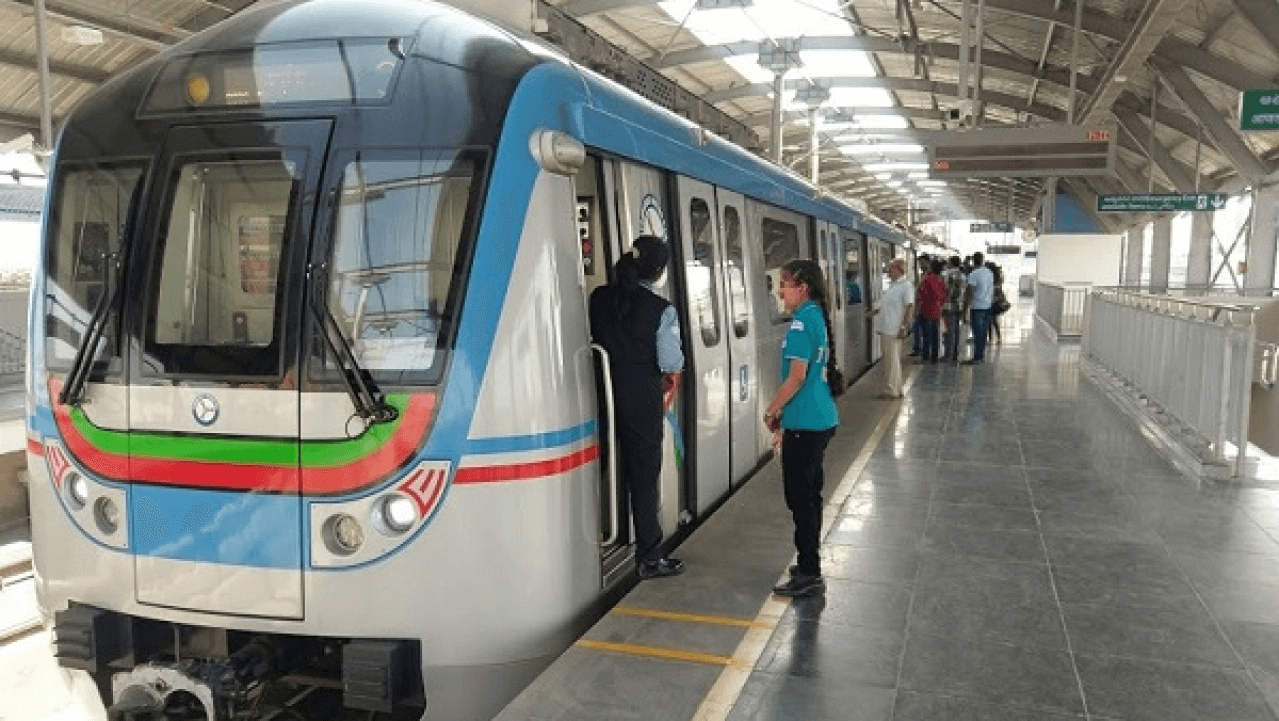
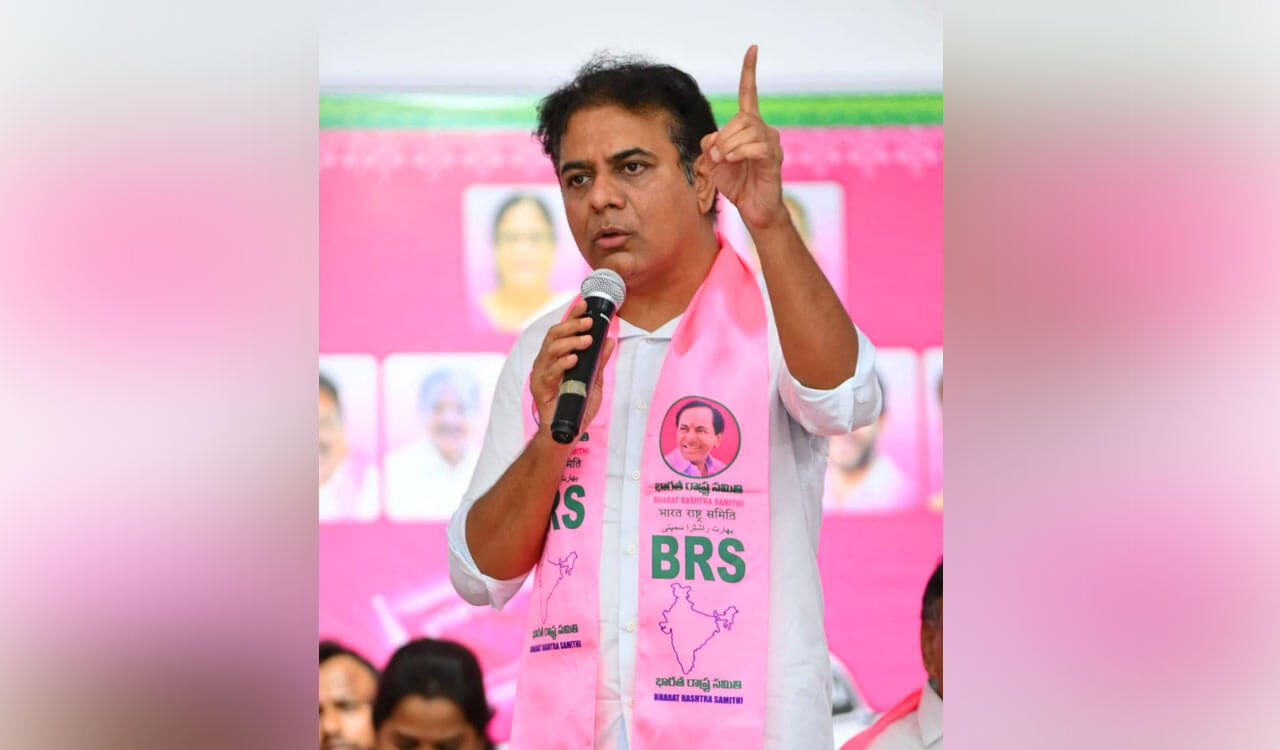




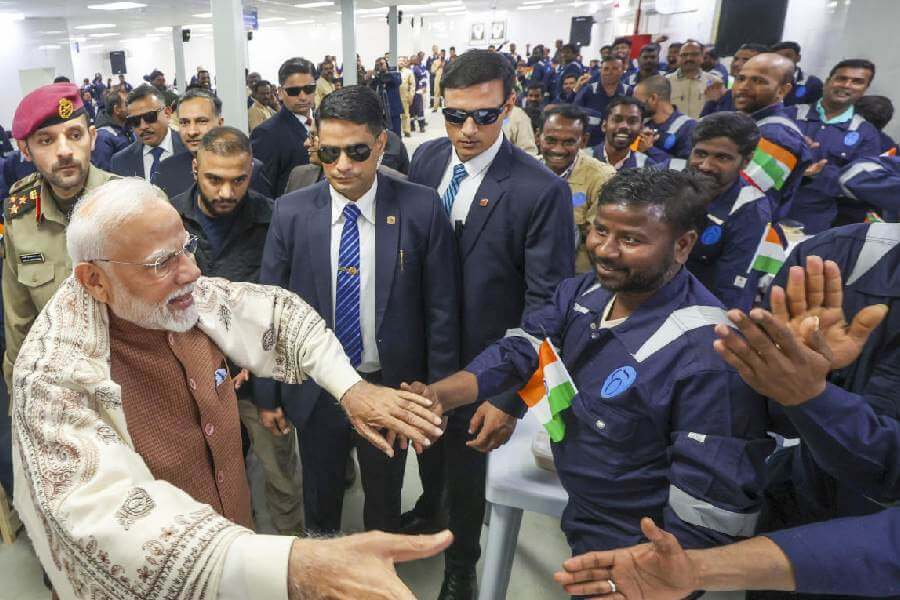
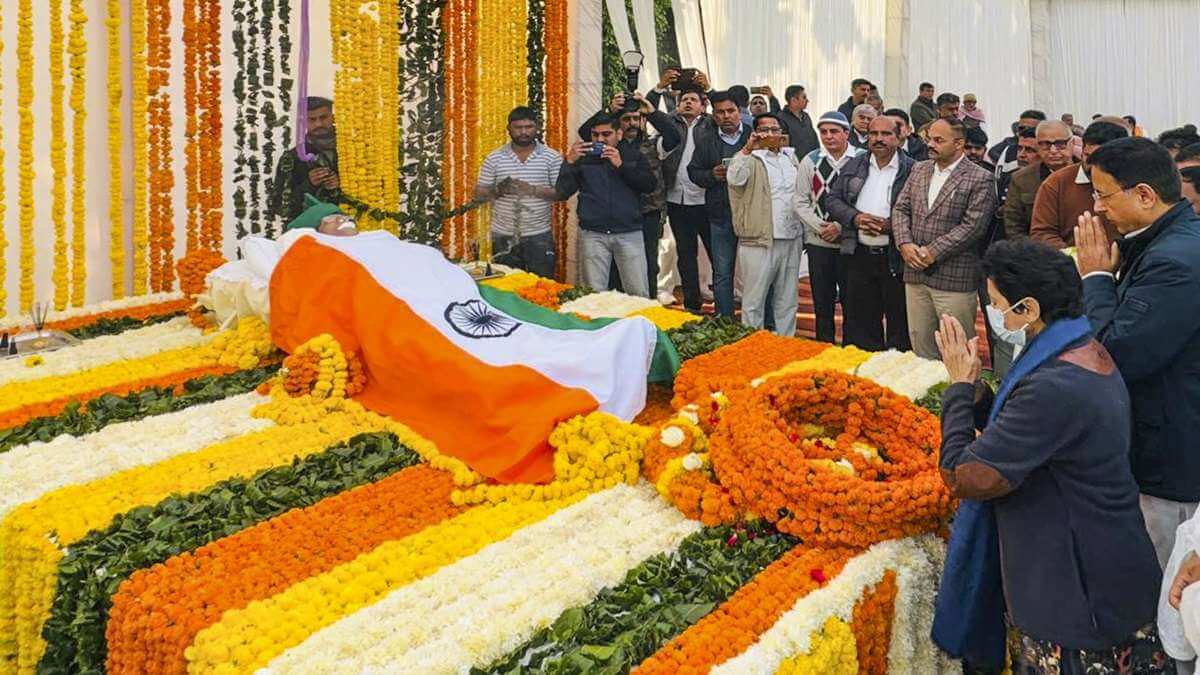
.jpg)
.jpg)







